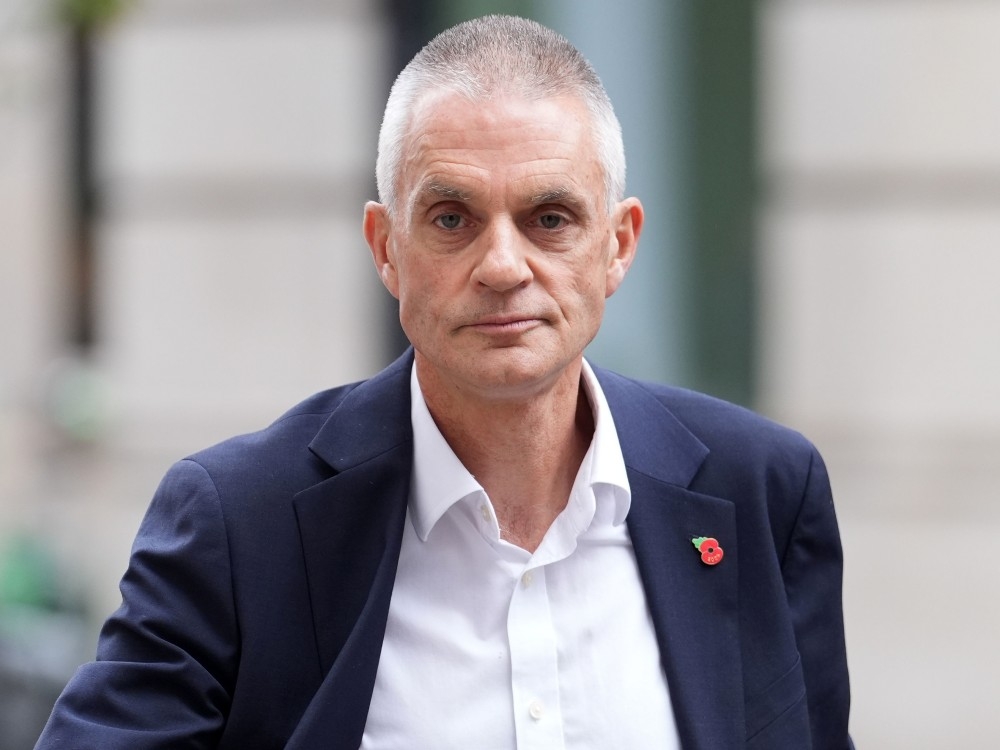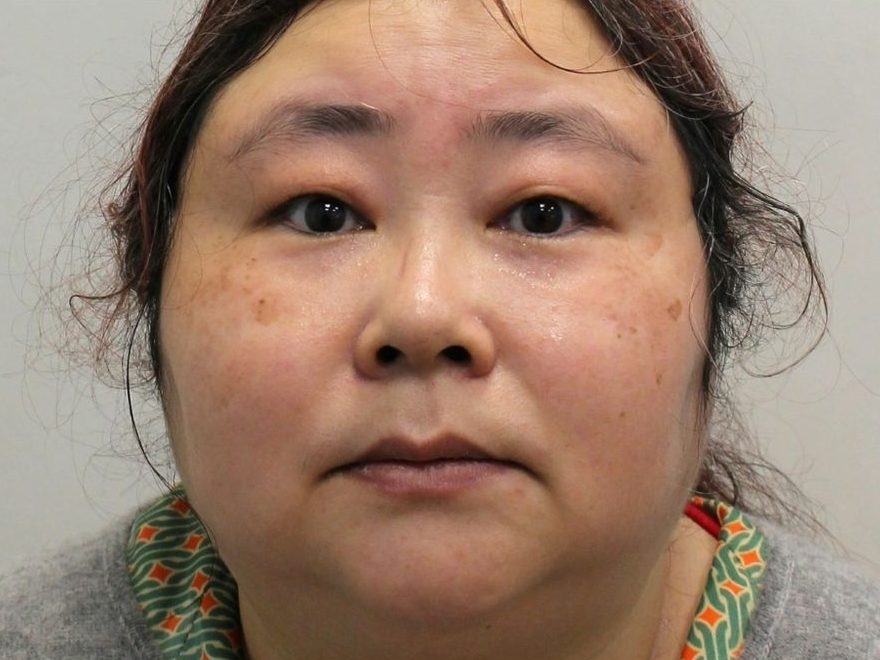A storm of controversy has engulfed the BBC, Britain’s iconic public broadcaster, as it faces accusations of bias, a potential billion-dollar lawsuit from former U.S. President Donald Trump, and a crisis of public trust.
The core of the dispute lies in a documentary, “Trump: A Second Chance?”, which aired before the 2024 U.S. election. The BBC is accused of deceptively editing a speech Trump delivered on January 6, 2021 – the day of the Capitol riot – to create the impression he was directly inciting violence.
Specifically, the documentary spliced together quotes from different parts of the speech, removing crucial context where Trump urged supporters to demonstrate *peacefully*. The resulting sequence presented a distorted narrative, suggesting Trump commanded his followers to “fight like hell” and march on the Capitol.

The fallout has been swift and severe. The BBC has issued an apology, acknowledging the editing “did give the impression of a direct call for violent action.” However, this hasn’t quelled the outrage, leading to the resignations of the BBC’s Director-General Tim Davie and Head of News Deborah Turness.
Trump’s legal team is now demanding a full retraction, a public apology, and a staggering $1 billion in compensation. A letter from his attorney accuses the BBC of making “false, defamatory, disparaging and inflammatory statements.”
While legal experts suggest a British lawsuit may be time-barred, Trump could pursue a claim in the United States, particularly in Florida, where his attorney is based. The path to victory remains challenging, but the threat of costly litigation looms large.
This crisis arrives at a precarious moment for the BBC, a century-old institution already grappling with intense political scrutiny and evolving media consumption habits. The broadcaster is funded by a mandatory annual license fee paid by every household watching live television.
The BBC is a constant target in the political arena. Conservatives often accuse it of leaning left, while some liberals contend it harbors conservative biases. Accusations of government interference have plagued the organization for decades.
Adding fuel to the fire, a dossier compiled by standards advisor Michael Prescott revealed further concerns. Prescott criticized the BBC’s coverage of transgender issues and alleged anti-Israel bias within its Arabic service, intensifying the perception of systemic problems.
Public confidence is visibly eroding. Near the BBC’s London headquarters, citizens expressed dismay. One former lawyer stated the editing error was “something that should never have happened,” and predicted a growing number of people will refuse to pay the license fee.
The British government is now preparing to review the BBC’s governing charter, which expires in 2027. Culture Secretary Lisa Nandy insists the government will ensure the BBC is “sustainably funded (and) commands the public’s trust,” but the future of the license fee remains uncertain.
Despite the turmoil, outgoing Director-General Davie remains resolute. He acknowledged mistakes were made, but emphasized the need to “fight for our journalism.” The BBC’s survival, and its ability to maintain its role as a trusted source of news, hangs in the balance.




